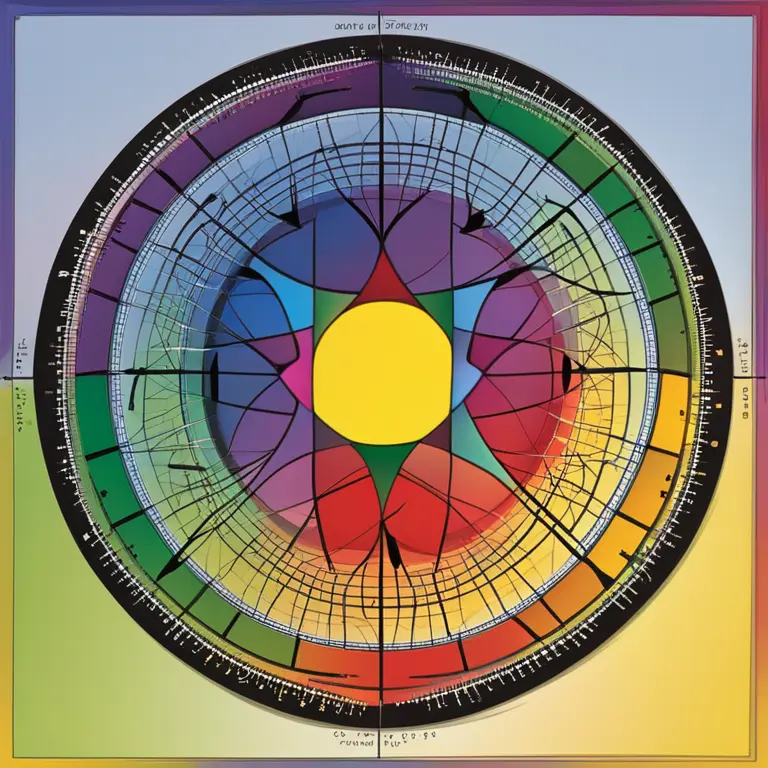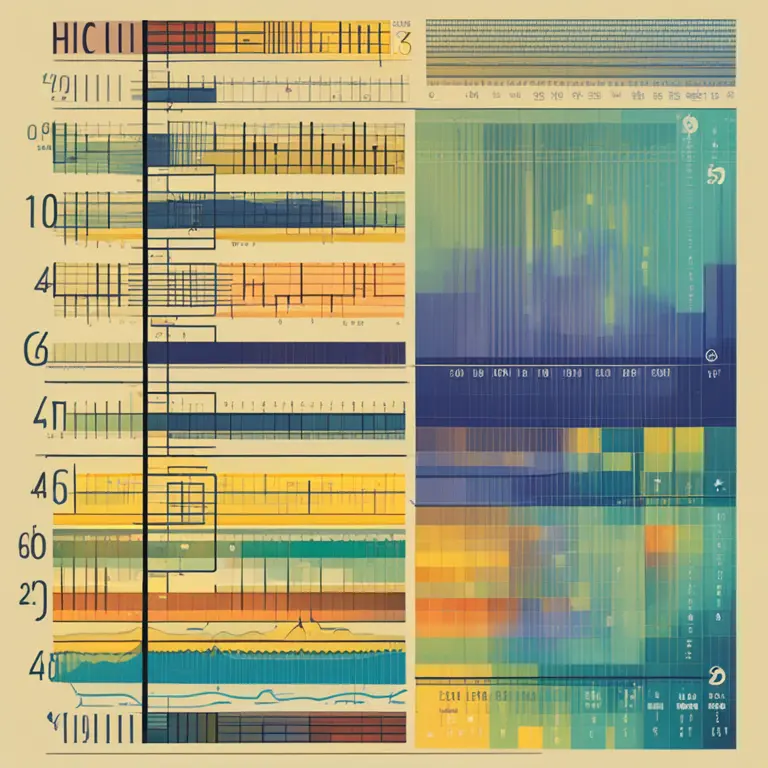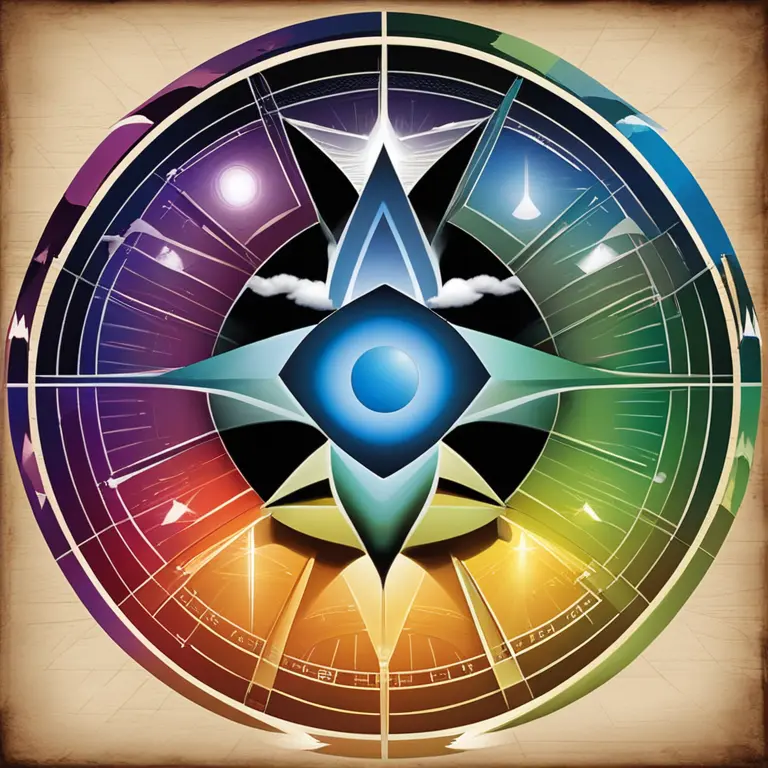
Biorhythms: The Cycles Influencing Your Life
An in-depth look at the concept of biorhythms and how they are believed to affect an individual's physical, emotional, and intellectual states.
article by Adrian Wallace
Introducing Biorhythms
Have you ever noticed fluctuations in your energy levels, moods, or mental sharpness without a clear cause? Biorhythms theory presents a fascinating explanation for these variations, postulating that our lives are influenced by natural, rhythmic cycles. Relating to astrological practice, biorhythms are an essential component of the holistic approach to understanding human behaviors and potential. They are thought to begin at our birth and continue influencing us through a set of predefined cyclical patterns.

The Three Primary Cycles
Typically, proponents of biorhythm theory refer to three main cycles: Physical, Emotional, and Intellectual. The Physical cycle, with a 23-day duration, is said to influence our strength, health, and physical endurance. The Emotional cycle, lasting 28 days, parallels the lunar cycle and supposedly governs our mood, creativity, and sensitivity. Lastly, the 33-day Intellectual cycle is believed to affect our cognitive functions, decision making, and intellectual acuity. As these cycles ebb and flow, so might our performance in related areas.

Secondary and Composite Cycles
While the primary cycles are the most discussed, various models also include secondary cycles such as Intuitional, Aesthetic, Awareness, and Spiritual, each with differing durations. Furthermore, modern interpretations consider the combined effect of these cycles, known as composite biorhythms, offering a more complex view of the interplay between different aspects of one's being. Understanding these integrated rhythms can theoretically offer more nuanced insights into periods of harmony and dissonance in a person's life.

Calculating Your Biorhythms
To calculate your biorhythms, you would traditionally chart them starting from your date of birth, with each cycle rising and falling in a sine wave pattern. Nowadays, numerous online tools and apps can automate this process, plotting critical days when a cycle crosses the median line, indicating potential turning points or days of caution. As we look forward to 2024, incorporating biorhythms into astrological forecasts and horoscopes becomes a curiosity for individuals seeking to align their actions with perceived personal rhythms.

Biorhythms and Modern Life
In the context of our fast-paced modern world, some enthusiasts argue that aligning schedules to our biorhythms can enhance well-being and productivity. While empirical research on biorhythms is sparse, this notion holds a strong appeal for those interested in personal growth and self-improvement. For instance, by anticipating a high-energy phase in one's Physical cycle during the latter half of 2024, one might plan demanding tasks or fitness challenges to coincide with this period.
Controversy and Criticism
Biorhythms, however, are not free from controversy. Scientists and skeptics often regard the biorhythm theory as a pseudoscience due to a lack of rigorous empirical support. Debates continue regarding the validity of biorhythms as predictors of personal performance or their impact on day-to-day existence. Despite this, many individuals find personal value in the routine observation of their cycles, using them as a tool for self-awareness and reflection rather than deterministic forecasts.
Published: 1/30/2024
Modified: 1/30/2024
More predictions
Come back here soon to learn more about yourself and your future


The Intrigue of Birthday Biorhythm Compatibility
Delve into the fascinating world of biorhythm compatibility, and discover how birthday timings influence relational dynamics and personal synergy.


The Harmony of Biorhythm Compatibility: A Guide
Discover how biorhythm compatibility can influence personal relationships and overall well-being in this comprehensive guide.


Birthday Biorhythm Compatibility: Key to Harmonious Relations
An insightful guide into how birthday biorhythm compatibility influences personal interactions and relationships.